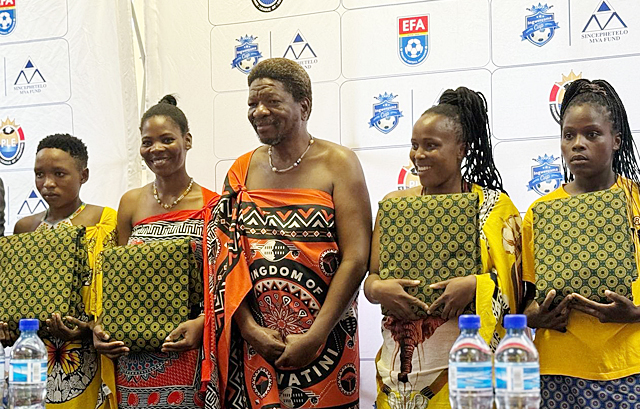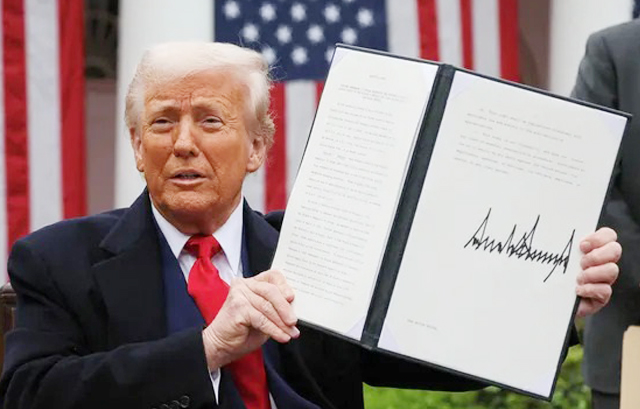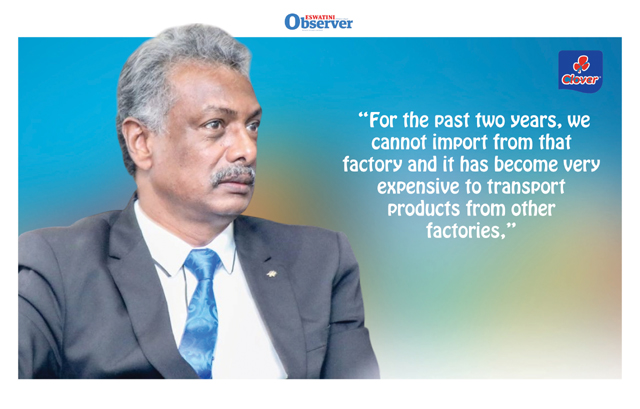By Bodwa Mbingo | 2022-12-31

With the nation gearing up for next year’s national elections, EBC Chairman Mhlabuhlangene Dlamini has seen the need for the country’s political system to allow voters power to recall underperforming representatives voted into Parliament.
EBC is the Elections and Boundaries Commission.
It is a body that will be overseeing next year’s elections for members of Parliament (MPs), constituency headmen (tindvuna tetinkhundla) and chiefdom councilors (bucopho) in all the 59 Tinkhundla or Constituencies around the country.
In an interview with this publication, the EBC chairman noted that it was a weakness that under the election system of the country, there is not available a controlled and balanced mechanism, by which voters are able to hold their elected politicians accountable.
He said the filling of this gap is among the reform measures for the Tinkhundla political system urgently required for its efficiency and utility and that this may include the power to recall, in a non-abusive and controlled method, not made too easy to exploit for abuse.
Most recently, he noted that the Southern African Development Community (SADC) now had a benchmark, Elections Model Law for the respective member States, as Eswatini is, to align its respective national election laws in the context of legal harmonisation.
He said these were the principles and laws, instruments and reports that the EBC had, in his personal assessment, been progressively and systematically endeavoring to meet, over the election cycles post the 2005 Eswatini Constitution promulgation to date.
“The various reform and improvement areas have been largely informed by these objectives in the context of the country’s obtaining legal universe, from the national Constitution.
Equally notable also, in any election reform initiative undertaken, involves national consultations through the respective representative stakeholder clusters, especially during civic and voter education.”
Therefore, he said, what is a key notable observation, is indeed the progressively good work that has been done by their predecessors in the commission and secretariat, continuously towards fulfilling the most optimal state the country can achieve, in the pursuit of practicing free, fair and credible democratic elections, within the context of the country’s Monarchical Sovereignty, described in democratic parlance as Monarchical Democracy.
Synergy
“This no doubt being a self- explanatory concept, indicating the dual co-existence and progressive synergy, of Monarchical Sovereign rule, fused with an embrace of democratic principles and values in the establishment, maintenance and running of government and opposed to rulership, the latter being the typical feature universally characterising and distinguishing, historically any traditional Monarchical Sovereignty, kingdoms from, entirely all or any Popular Sovereignty, such as republics, etc,” he added.
On key improvement areas, Dlamini said when one considers the general election reports of all the elections, post 2005, it presents a constitutional landmark point, of the promulgation of the country’s Constitution, that laid the current legal basis, that embraces the universally acknowledged and established, principles underpinning, the practice of establishing and legitimisation of any democratic government establishment.
“This at the same time constitutes an expression endeavor in conferring Emaswati’s universally declared and acknowledged negative and or positive political right to, self-determination, in particular, at parliament or the Legislature or law-making level, required in the least for any democratic government establishment.
“These election reports are that of 2008, 2013 and 2018 as well as any by-election reports thereto. Most importantly, of critical attention preceding any general election, in any report, would be the recommendations of both the domestic and international independent observers,” he said.
He said these recommendations were those that any elections management body such as EBC would consider and examine, in the context of the country’s obtaining legal universe, together with any peer-to-peer assessment review, and the universally established benchmarks or standards set to govern or benchmark national general elections against. He said such include those of the United Nations (UN), African Union (AU) and SADC.
share story
Post Your Comments Below

IN a significant gesture, their Majesties blessed the participants of the Ingwenyama Cultural Cup...

United States President Donald Trump has announced sweeping new import taxes on all goods enterin...
An outpouring of community support has resulted in weighty contributions towards the fune...

Clover Swaziland has called upon minister of finance to reconsider the current taxation structure...
All material © Swazi Observer. Material may not be published or reproduced in any form without prior written permission.
Design by Real Image Internet